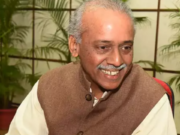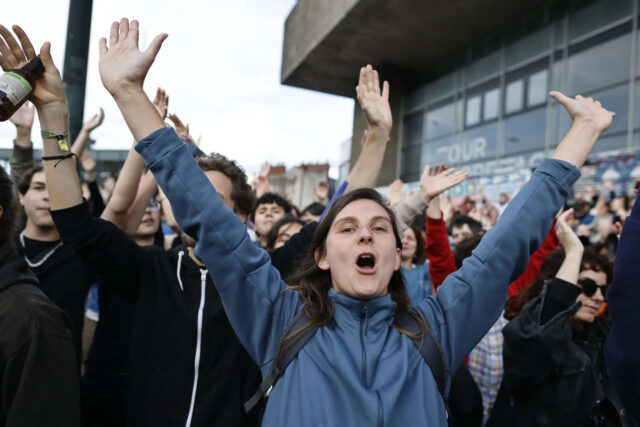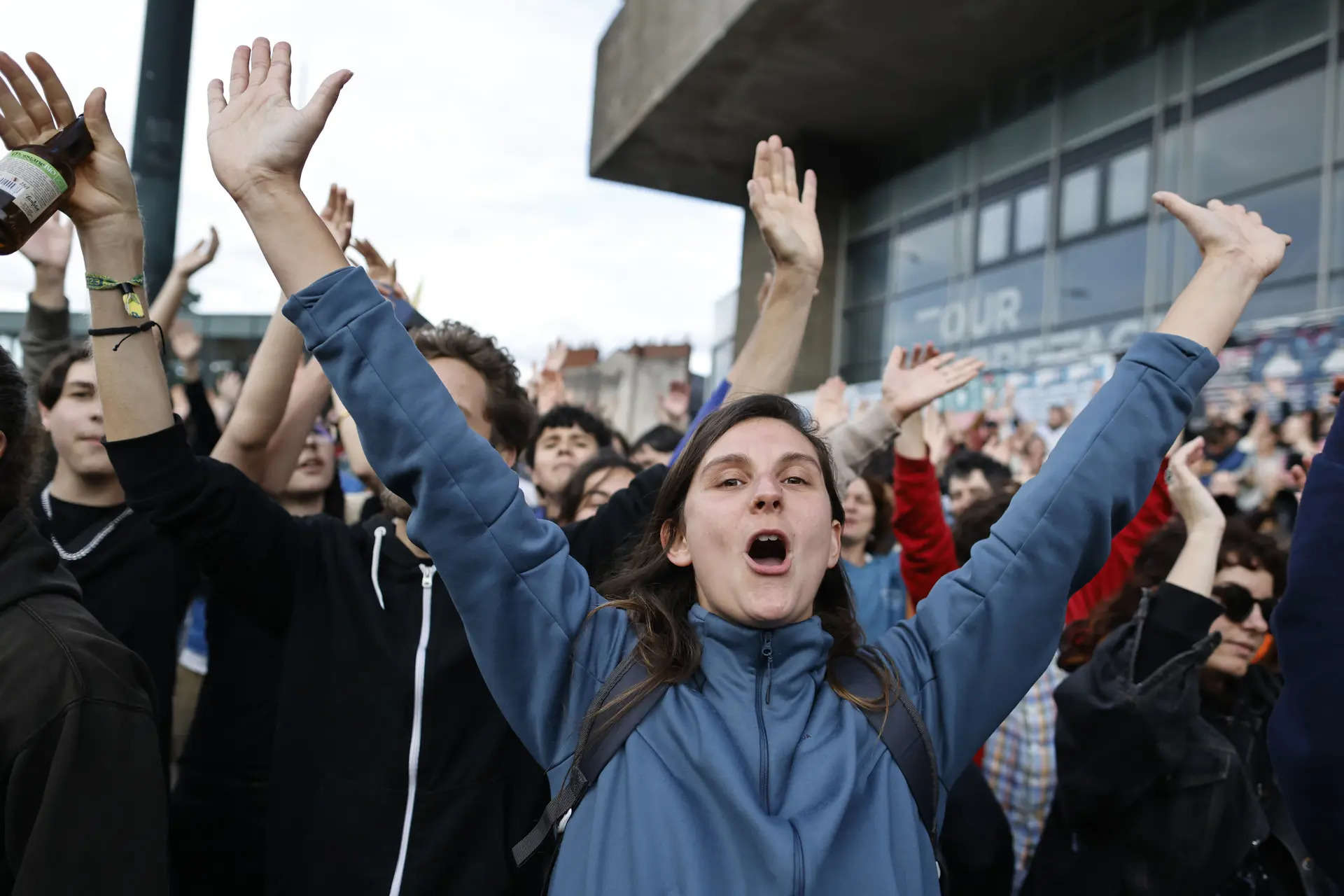Marine Le Pen and Jordan Bardella’s RN led the first round of voting in the election on June 30 but fell back to third in Sunday’s second round after the victorious left-wing New Popular Front (NPF) alliance and Macron’s second-placed centrists joined forces to avoid splitting the anti-RN vote.
The New Popular Front and its allies won 187 seats in the 577-seat National Assembly, Macron’s centrist group won 159 seats and the National Rally and its allies won 142 seats, interior ministry figures show.
All three blocs fell far short of the 289 seats required for an outright majority.
– ‘Republican Front’ –
The RN and its allies won 39 parliamentary seats in the first round of the election and topped the vote in 258 of the 501 constituencies that were still up for grabs in the second round.But their first-round win was overturned by their rivals in two-thirds, or 109, of those constituencies after the third-placed left-wing or centrist candidate bowed out of the running to set up a duel between the RN candidate and its closest rival from a mainstream alliance.The strategy of parties banding together across the political divide to avoid splitting the anti-far-right vote has been regularly used since 2002, when Le Pen’s father Jean-Marie faced Jacques Chirac in a presidential run-off.On Sunday, it helped left-wing lawmaker Francois Ruffin overturn his RN rival’s seven-point first-round lead in the northern city of Amiens, after the centrist candidate withdrew and urged her supporters to back Ruffin.
It also worked in the Calvados area in Normandy, where Macron’s former prime minister Elisabeth Borne, widely despised on the left for pushing through an increase in the retirement age last year, saved her seat after the third-placed left-wing candidate bowed out.
– Duelling and losing –
The big question going into the run-off on Sunday had been whether left-wing and centrist voters whose candidates had pulled out of the run-off would vote for the other alternative to the far-right.
While polls had shown voters growing weary of being asked repeatedly to “hold their noses” and vote for other parties to block the RN, they complied again on Sunday.
Nearly everywhere the RN found itself in a duel, it lost.
It lost in 90 out of 152 constituencies where it did battle with the left, in 105 out of 128 constituencies where it faced off against a centrist and 32 out of 39 constituencies where it duelled with the centre-right.
The RN, which campaigned on dramatically limiting immigration, restoring law and order and boosting purchasing power, did better in constituencies where three candidates were vying for a seat in the run-off.
It won 10 out of the 11 three-way races in which it was leading after the first-round.
– ‘Victory delayed’ –
The RN may derive solace from seeing nearly all of its outgoing 89 MPs re-elected.
Only eight of its incumbents lost their seats.
By contrast, Macron’s camp shed nearly 100 seats, down from 250 seats in the outgoing assembly to 159 seats.
Thirty-three RN lawmakers won re-election in the first round, with another 48 securing their seat in the run-off.
The final tally of 142 seats for the RN and its allies is a dramatic increase on the eight seats it had going into the last election in 2022.
Le Pen, who wants to launch a fourth bid for the presidency in 2027, hailed the “rising tide” of support.
“It did not rise high enough this time, but it continues to rise and, consequently, our victory has only been delayed,” she declared.














































